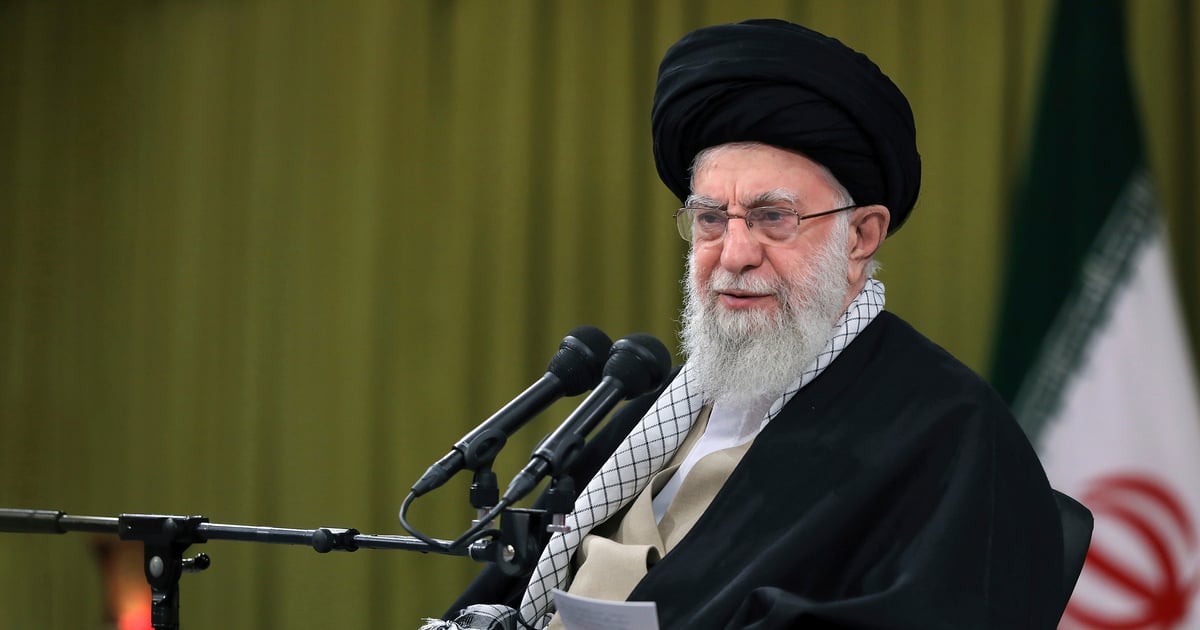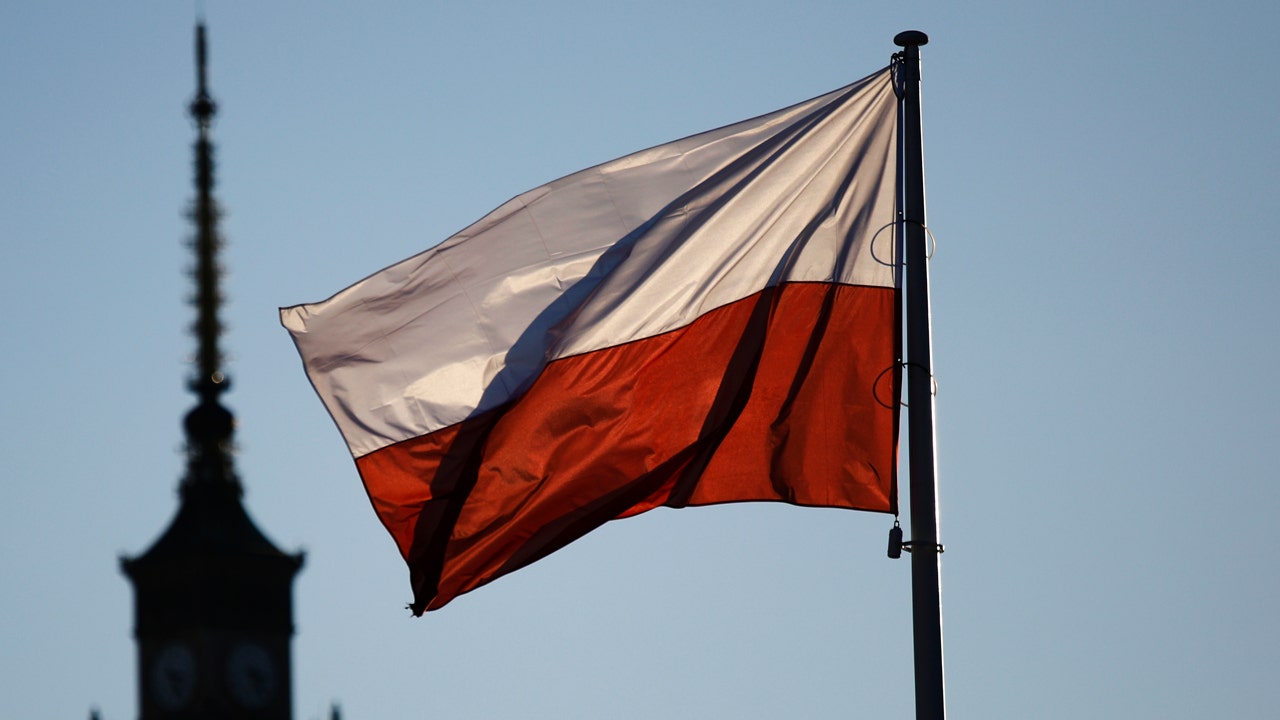Hezbollah: Iran’s pivotal partnerEstablished in the early 1980s, Hezbollah – a Shiite militant organization – emerged with direct assistance from Iran’s Revolutionary Guard, primarily as a response to the Israeli invasion of Lebanon. Aiming to establish an Iranian-influenced base on Israel’s border, Tehran provided training, financial support and weaponry, bolstering Hezbollah’s growth and capabilities.This collaboration has led to Hezbollah developing a sophisticated arsenal, including advanced drone technology, chemical weapons and expanded rocket capabilities.As a result of its involvement in the Syrian civil war and ongoing hostilities with Israel, Hezbollah has professionalized its military. By deploying troops to support the Syrian government in line with Iran’s support for the regime, Hezbollah has transitioned from guerrilla tactics to more conventional warfare. Additionally, its ongoing conflict with Israel has sharpened its military strategy and capabilities. This helped elevate Hezbollah to a notable political and military role within Lebanon’s government, which has frequently aligned with Iran’s geopolitical interests.This evolution has also enabled Hezbollah to become a mentor and supporter for other Iran-backed groups. Hezbollah has imparted its expertise in drone operations to organizations such as Fatemiyoun in Afghanistan, Iraq’s Kataib Hezbollah and Houthi fighters.The relationship between Tehran and Hezbollah has deepened over the years, evolving from mere assistance to a robust strategic alliance. The entities share goals, strategies and materials. The close relationship between Hezbollah’s Secretary General Hassan Nasrallah and Iran’s Khamenei further cements this alliance.Despite Iran’s considerable influence, particularly in regional conflicts, Hezbollah retains autonomy in domestic Lebanese politics and its social services.This Hezbollah-Iran alliance is arguably more significant than Iran’s relationship with other proxies and is instrumental in Tehran’s regional strategy. It not only extends Iran’s influence in the Middle East but also serves as a counterbalance to its adversaries, notably Israel and Saudi Arabia.
Source link
How much influence does Iran have over its proxy ‘Axis of Resistance’ − Hezbollah, Hamas and the Houthis?





